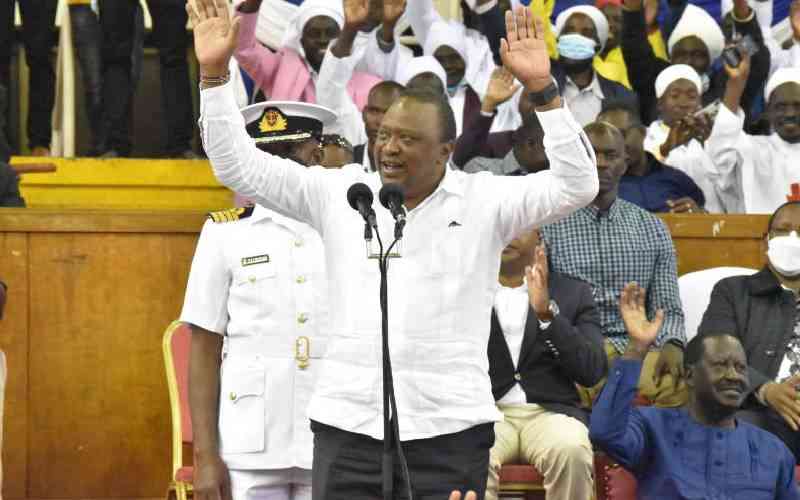×
The Standard e-Paper
Home To Bold Columnists

Mt Kenya region has for a very long time has voted in one pattern in adherence of their senior most political leaders.
Political analysts have singled out this year's electoral cycle saying the voter-rich region which was a swing vote, has broken it's political traditions of voting as per advice of its political representatives and in this case former President Uhuru Kenyatta.